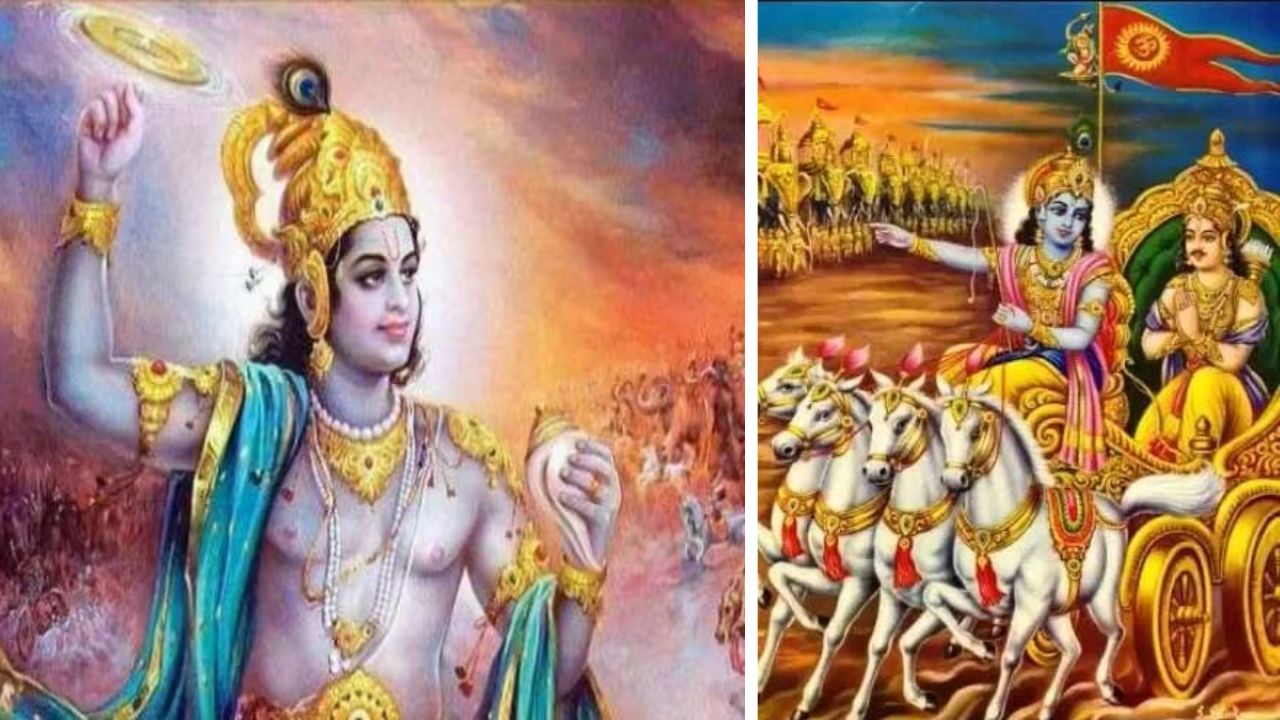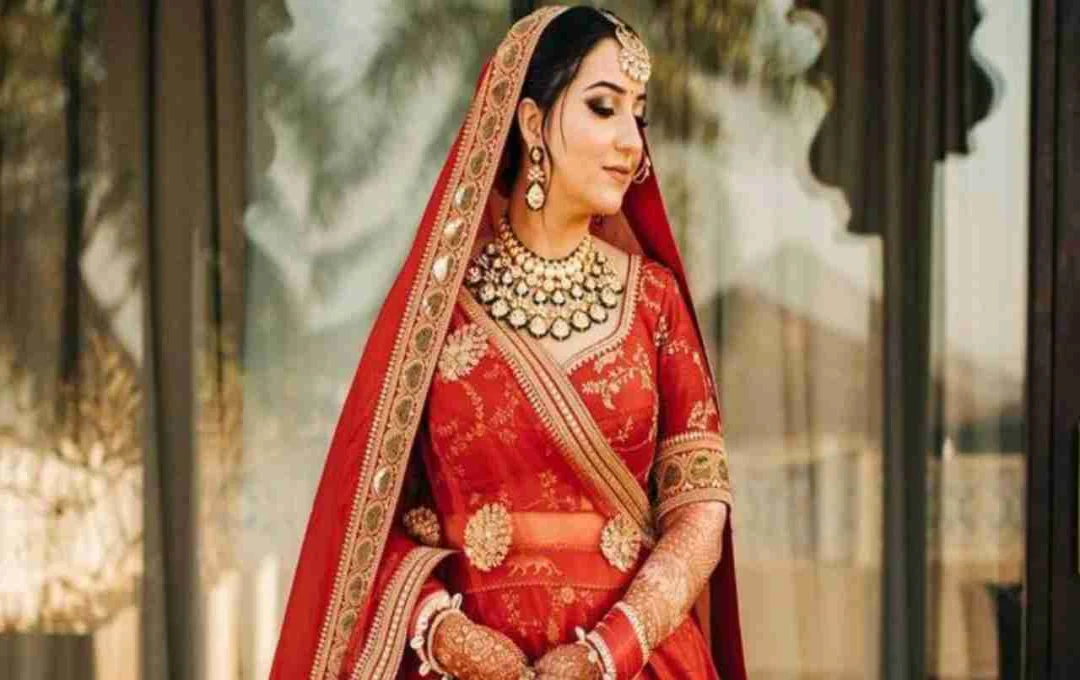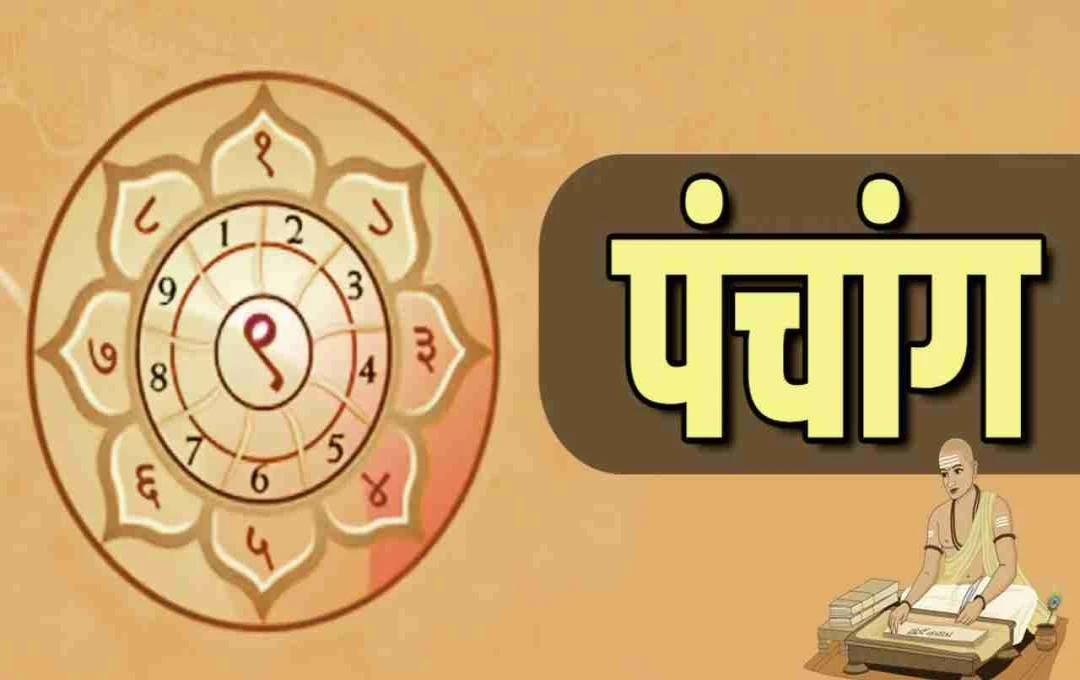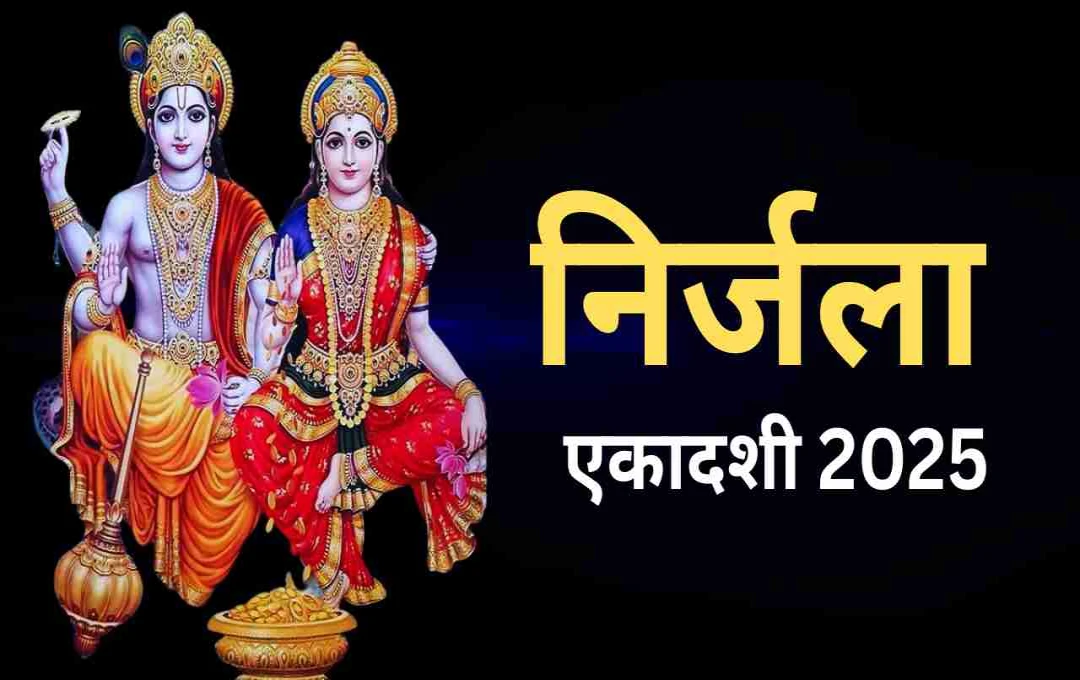These are some special interesting incidents of the Mahabharata, which are still remembered today.
The Mahabharata is one of the major epic poems of Hindus related to the memory class. This epic, sometimes referred to simply as "Mahabharata," is a unique religious, mythological, historical, and philosophical text of India. We all know that the Kurukshetra war was a battle of dharma, power, and prestige between the Kauravas and Pandavas. In this war, Lord Krishna was Arjuna's charioteer, and he imparted the great Bhagavad Gita to Arjuna. The importance of the Gita is highlighted in our scriptures. It is said that the essence of human life lies in the Gita. So, let's learn some interesting facts related to the Mahabharata in this article.
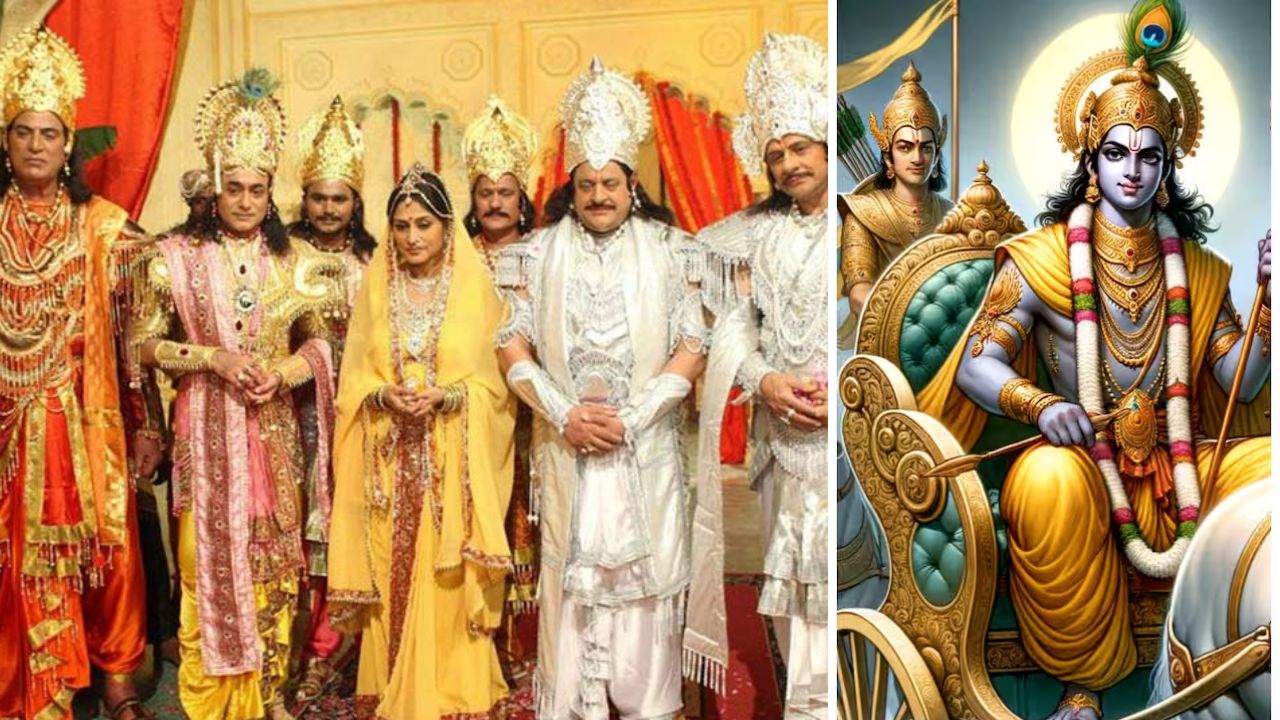
The death of King Pandu and Queen Madri in the forest and Kunti's entry into Hastinapur.
Ekalavya offering his thumb as guru dakshina while Dronacharya was teaching the Kauravas and Pandavas.
The construction of the Lakshagriha (lac house) by Duryodhana to kill the Pandavas, and the Pandavas' escape.
Bhima's marriage to Hidimba in the forest.
The episode of Draupadi's Swayamvar.
The construction of Indraprastha and Draupadi mocking Duryodhana, saying, "The son of a blind man is blind."
Duryodhana attempting to poison Bhima and throwing him into a river.
The Pandavas playing dice and Draupadi's disrobing.
The Pandavas' exile, Bhima's meeting with Hanuman, and Arjuna's encounter with Urvashi.
The Pandavas spending their year of incognito in Virat Nagar.
Arjuna beheading Bhishma.
The slaying of Jayadratha.
Dhrishtadyumna beheading Dronacharya.
The slaying of Karna.
The slaying of Ghatotkacha.
The mace fight between Bhima and Duryodhana, and Bhima slaying Duryodhana.
Duryodhana's refusal of the Pandavas' demand for Indraprastha.
Krishna's peace proposal on behalf of the Pandavas, asking for five villages.
Ved Vyas advising Dhritarashtra to stop the war.
Krishna imparting the Gita on the Kurukshetra battlefield.
Ashwatthama slaying Draupadi's five sons.
Ashwatthama's use of the Brahmastra and Krishna cursing him.
The Yadavas' internecine war and Krishna's departure to his abode.
Gandhari cursing Krishna.
The Pandavas' ascension to heaven.
Krishna asking for Barbarik's head.
Kurukshetra – The Battlefield
It is known to all that the Mahabharata war took place in Kurukshetra. Kurukshetra is located in Haryana. The Archaeological Survey of India has found many remnants of the Mahabharata period in Kurukshetra, prominent among them being arrows and spears. Many great warriors attained their heroic end on the land of Kurukshetra. Kurukshetra is the place where Lord Krishna imparted the Gita to Arjuna to dispel his delusion. Ancient wells can still be seen in Kurukshetra today. It is believed that it was at this very place that Karna created the Chakravyuha during the Mahabharata war and deceitfully killed Abhimanyu, resulting in his martyrdom.
The Incident of Ekalavya
Ekalavya was the son of Lord Krishna's maternal uncle, given as a child to the forest-dwelling Bhil king, Nishadaraj, based on astrology. During the Mahabharata period, the Shringaverpur principality, which extended far and wide in the Prayag (Allahabad) region, was ruled by Nishadaraj Hiranyadhanu. Shringaverpur, situated on the banks of the Ganga, was his b capital. If Ekalavya hadn't offered his thumb as guru dakshina to Guru Dronacharya, or if Guru Dronacharya hadn't demanded it, Ekalavya's name wouldn't be in history.
Guru Dronacharya had given his word to Bhishma Pitamaha that he would educate the Kaurava princes and to Arjuna that there would be no greater archer than him. It was to uphold this promise that Guru Dronacharya did not make Ekalavya his disciple, and when he learned that Ekalavya had learned everything, he demanded Ekalavya's thumb as guru dakshina. The thumb that Guru Dronacharya cut off from Ekalavya to make Arjuna great became the cause of his son's death.
Bhima could not lift Hanuman's tail. Actually, at Kunti's behest, Bhima and his brothers were going to fetch lotus flowers in the forest. When they reached a bend in the road, they saw a monkey lying there. Thinking it was an ordinary monkey, Bhima asked it to move its tail so they could pass. The monkey replied that Bhima should remove the tail himself. Despite Bhima's many attempts, the tail didn't move, making Bhima realize that it wasn't an ordinary monkey. Then Bhima apologized to the monkey.
Some scholars believe this incident took place on Gandhamadana mountain. This mountain was located in Kubera's kingdom, in the northern part of the Himalayas (south of Kedarnath mountain). In that era, one of the four Gaja-danta mountains in the four directions of Mount Sumeru was called Gandhamadana. Today, this area is in Tibet.
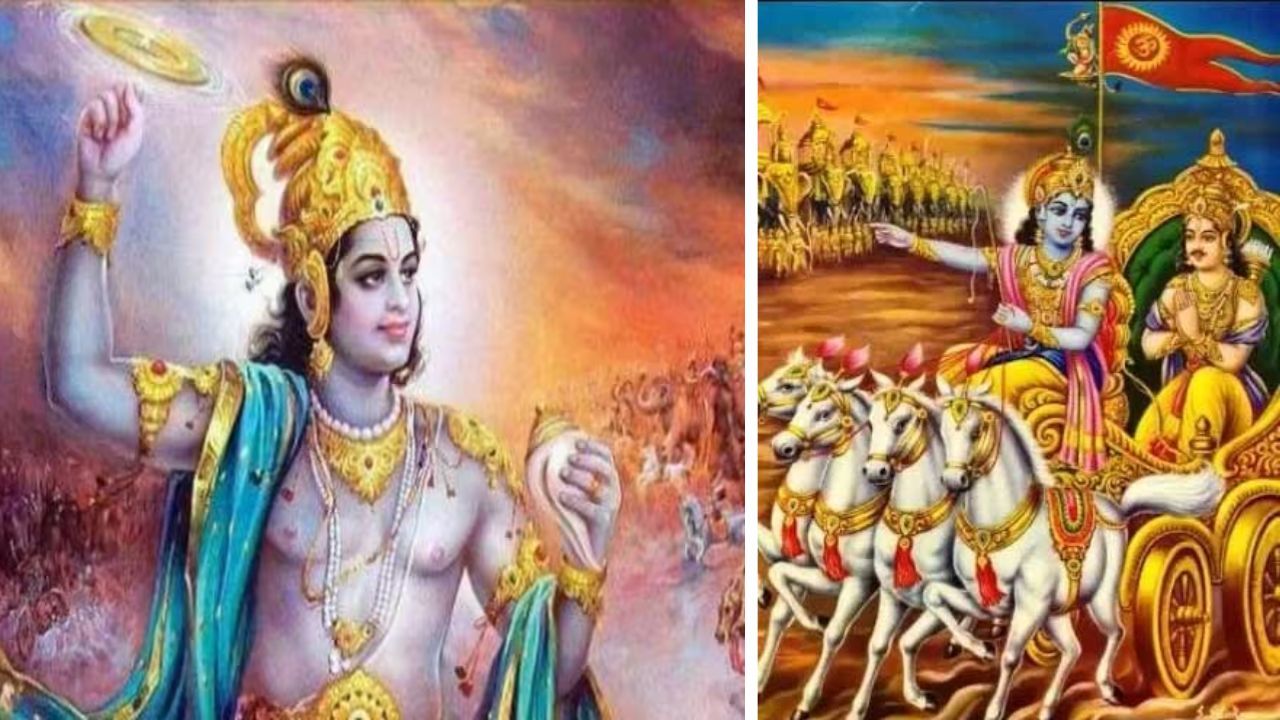
Ranchodadas
Jarasandha summoned his friend, Kalyavana, to kill Lord Krishna. Kalyavana's army surrounded Mathura. He sent a message to Krishna, the king of Mathura, stating that he was ready for battle the next day. Krishna replied that the battle would be only between Krishna and Kalyavana, and the army should not fight needlessly. Kalyavana agreed to this.
When Akrura and Balarama tried to dissuade Krishna, Krishna told them about the boon Kalyavana had received from Lord Shiva, which stated that no one could defeat him. Krishna also mentioned that Kalyavana's end would be at the hands of King Muchukunda. King Muchukunda was asleep in a state of perpetual slumber due to a boon, and whoever woke him would meet their end.
When the battle between Krishna and Kalyavana ended with Krishna's victory, Kalyavana ran towards Krishna. Krishna fled the battlefield, and Kalyavana pursued him. Eventually, Lord Krishna entered a cave in a distant mountain. Kalyavana followed him there and, seeing another man asleep, thought Krishna had changed his form to escape. That man had been asleep for a long time. When Kalyavana tried to wake him, he became enraged, and his body turned to ashes. That man was King Muchukunda. Thus, Kalyavana met his end, and because of this incident, Krishna came to be known as Ranchodadas.
The Slaying of Jarasandha
Kamsa's father-in-law, Jarasandha, had a wrestling arena in Rajgriha, Bihar. He was very powerful. It is believed that Bhima, under Lord Krishna's guidance, slew him in this very arena. Rajgriha is now known as Rajgir. According to the Ramayana, Vasu, the fourth son of Brahma, established this city as Girivraja. Later, during the Kurukshetra war, Vrihadratha captured it. Vrihadratha was famous for his valor.
No one could kill Jarasandha. Bhima had torn his body into two pieces, but the two pieces would rejoin. Then Krishna signaled Bhima with a piece of straw. Bhima understood the signal and cut Jarasandha into two pieces again, but this time he threw one piece to the right and the other to the left.
The Slaying of Jayadratha
In the Mahabharata war, Abhimanyu was trapped alone in the Chakravyuha, and Duryodhana's warriors killed him collectively. After this heinous act, Arjuna vowed that if Jayadratha was not killed before sunset the next day, he would take his own life. The Kauravas were filled with joy, and the Pandavas were filled with despair. The Kauravas tried their best to protect and hide Jayadratha. When Arjuna couldn't reach Jayadratha before sunset, Krishna hid the sun with his Maya, making it appear as if the sun had already set. Jayadratha, thinking that it was dusk, arrogantly laughed and emerged from hiding before Arjuna. At that moment, the sun reappeared, and Arjuna immediately killed Jayadratha.
The Slaying of Karna
Even after losing his Kavach and Kundal, Karna possessed immense power. On the seventeenth day of the war, Shalya was made Karna's charioteer. On this day, Karna, remembering his promise to Kunti not to kill them, defeated Bhima and Yudhisthira. Later, he engaged in battle with Arjuna.
When Arjuna shot arrows at Karna, striking his chariot, the chariot would recoil. When Karna shot arrows, Arjuna's chariot would move back a few steps. Seeing this, Krishna greatly praised Karna. Then Arjuna asked Krishna why he was praising Karna, whose arrows only moved his chariot slightly backward, while his arrows moved Karna's chariot several yards forward. Krishna smiled.
Suddenly, Karna's chariot wheel sank into the ground. Taking advantage of this opportunity, Krishna told Arjuna to shoot his arrows. Even in his helpless state, Arjuna killed Karna. After this, the Kauravas' enthusiasm ended, and their morale broke. Then Shalya was made the commander-in-chief, but at the end of the day, Yudhisthira killed him.
